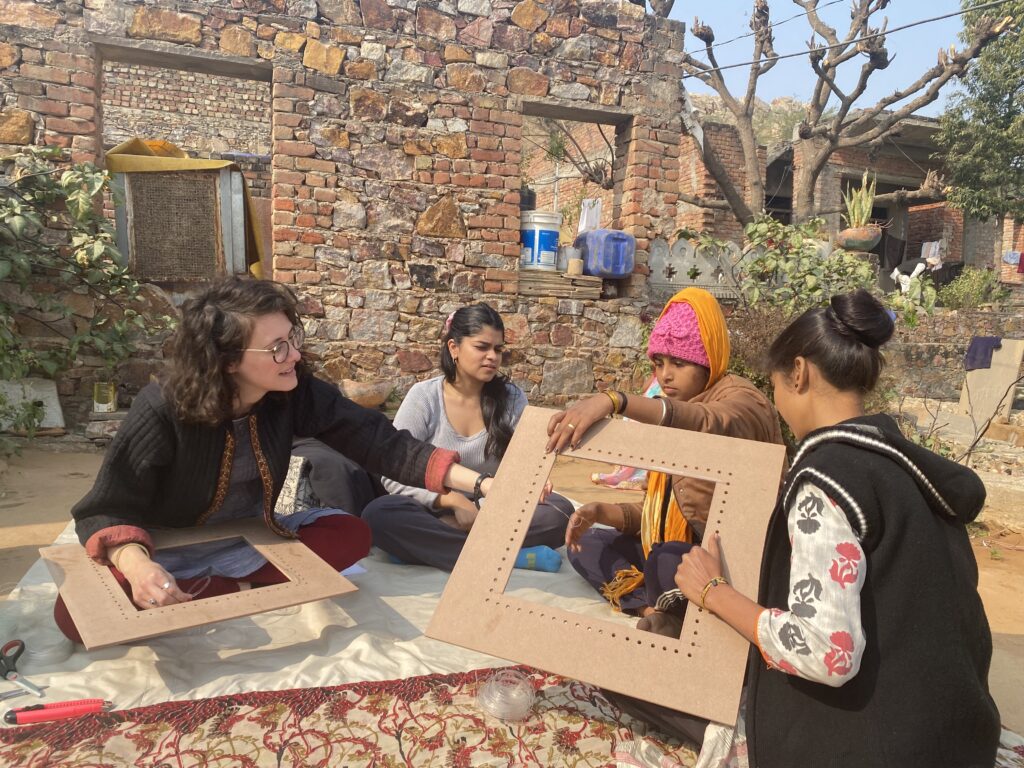
The American India Foundation’s Banyan Impact Fellowship is a fully-funded volunteer program that places a cohort of young professionals from the U.S. and India in service with communities across India to learn, build capacity, and create a “living bridge” between both countries. The fellowship fosters exchange and collaboration among emerging professionals from India and the US. To mold the next generation of leaders dedicated to promoting positive and sustainable change, the program aspires to cultivate an enduring US-India relationship. This is achieved by expanding the current community of future leaders, civil society members, and other stakeholders.
We recently spoke with Erin Burneson, a 2022-2023 Banyan Impact Fellow who was placed in Jaipur, Rajasthan. With a cross-cultural background in both the U.S. and India, Erin has dedicated her varied career to topics in cross-cultural understanding, interfaith dialogue, andragogy, psychosocial support, language learning, women’s empowerment, waste management, sustainable livelihoods, and other related topics. As a Banyan Impact Fellow, Erin applied her skills to improve women’s livelihoods in rural villages through micro-enterprise opportunities in up-cycling. In this interview, Erin shares her experience with us and advises aspiring fellowship applicants on how they can achieve success in their endeavors.
Tell us about your background and professional journey. What led you to pursue the Banyan Impact Fellowship?
My professional background would probably be described as anything but traditional. I joined the Banyan Impact Fellowship a month after completing a deployment with U.S. Operation Allies Welcome, where I focused on developing a language learning curriculum to help newly arrived Afghan refugees foster confidence, creativity, self-expression, and resilience during their transition to life in the United States.
Prior to the fellowship, I had become well acquainted with Indian culture as I spent very intentional time living in Indian communities both in the U.S. and in Jaipur, Rajasthan. During that time, I studied Hindi, learned to play the harmonium, grew as a storyteller, and wrestled with questions of cultural identity. Recognizing the growing need for deeper cultural understanding across communities, in 2019 I co-founded a collaborative learning program called Pranām Collaborative Learning Services for people from both Hindu and Christian religio-cultural communities to learn with and from one another.
For me, joining the Banyan Impact Fellowship was the next step in a relentless pursuit of authenticity as I knew I wanted to return to India and had recently rekindled an interest in the social development sector. I saw it as an opportunity to directly apply my skillset and passions in a place I have long loved.
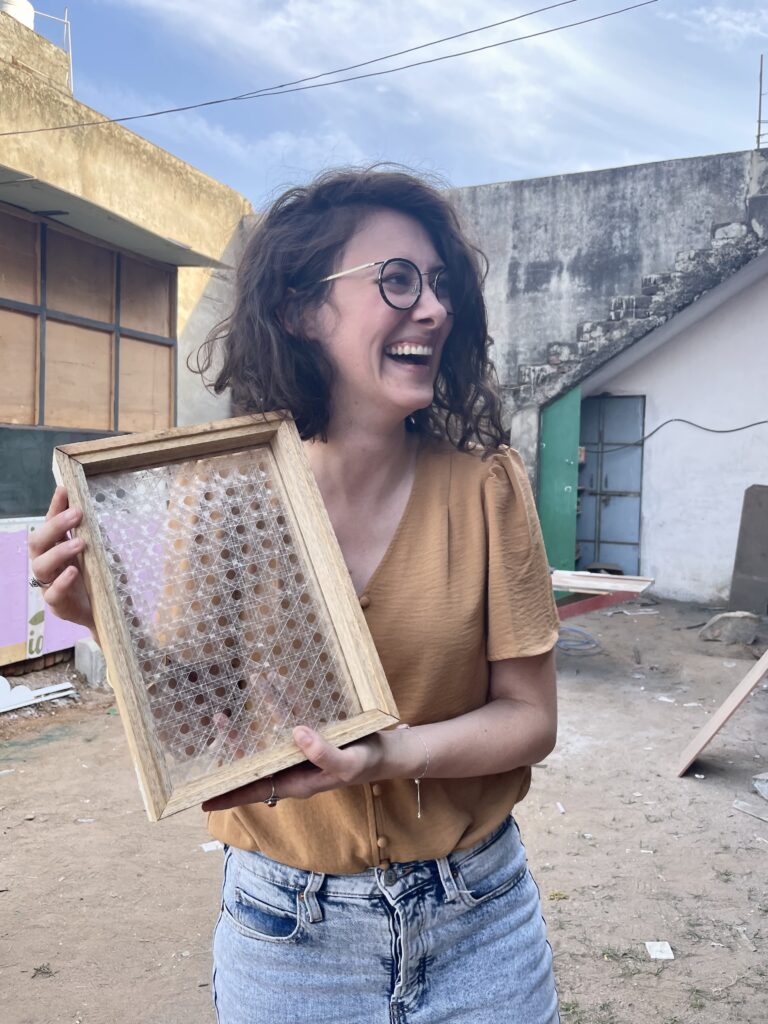
As a recent fellow, from 2022 to 2023, you were placed with Ecowrap in Jaipur, India. Can you give us insights about the program and how it impacted you?
The Banyan Impact Fellowship is great for anyone looking to apply themselves in the social development sector in India. The fellowship partners with different host organizations each year across diverse thematic areas where fellows have the opportunity to “serve, learn, and lead.” Fellows are placed across India and get together formally as a cohort three times over the course of the fellowship. I feel what sets this fellowship program apart is the potential for language study, opportunities for field visits, as well as mentorship from more experienced Senior Fellows who have more lived experience in the social development field.
The Banyan Impact Fellowship played an instrumental part in my personal and professional growth. I was placed with Ecowrap, a for-profit waste management company that focuses on the source segregation of waste materials. I found that over the course of the fellowship, the goals of my host organization became my goals too—so much so that after I returned to the U.S., I started my own creative consulting company, Studio Rachanā, and will return to Jaipur to collaborate with Ecowrap to establish a joint venture. In the months since the fellowship ended, Ecowrap adopted a village that we will be partnering with to establish India’s first dumping-free city. We will also be focused on scaling up the work I started with my fellowship project to help more rural women secure sustainable livelihood opportunities from up-cycling.
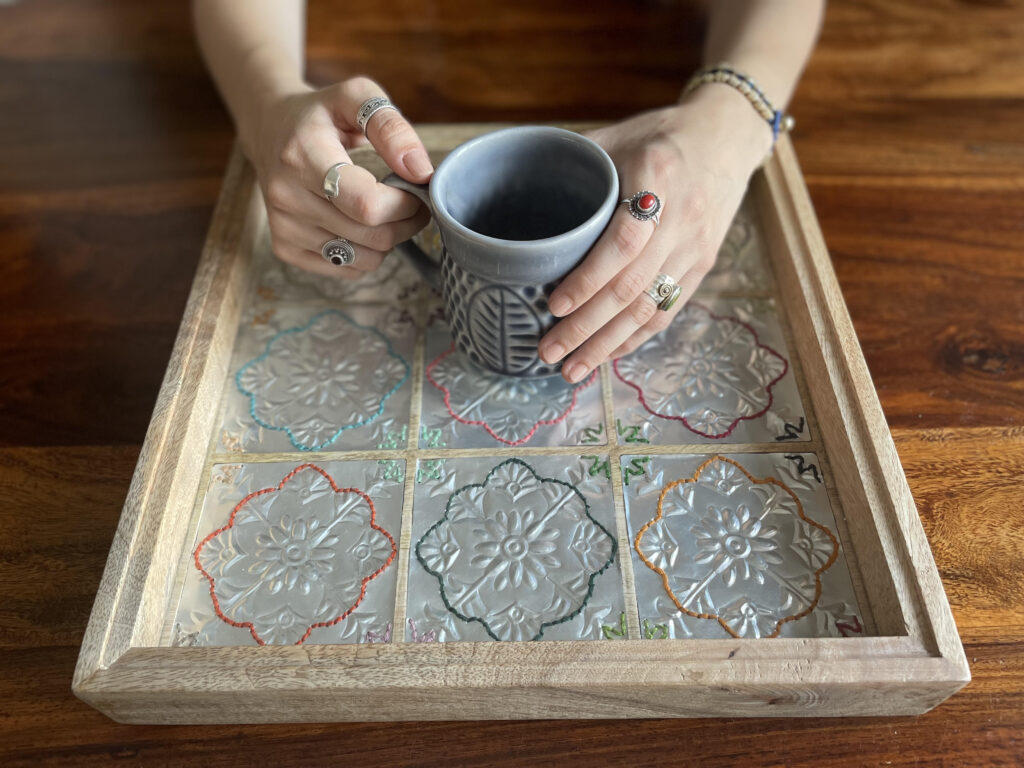
Your fellowship project was focused on helping communities learn the economic value of waste and partnering with them to improve women’s livelihoods in rural villages through micro-enterprise opportunities in up-cycling. Can you explain how you came to this project? What were your goals for it by the end of the program?
As the daughter of a former garbage man, innovator, and up-cycler, in a lot of ways this project felt like an invitation to return to my roots. The project itself was born out of the idea that rural women who are naturally innovative in their use of waste material, whether they realize it or not, are some of India’s best up-cyclers. My host organization, Ecowrap, has a vision for creating visibility of impact in the waste management sector by bringing waste back into the value chain and empowering rural women.
While the project evolved a lot over the course of the fellowship, it began with three goals: 1) to bring together and train a community of rural women who desire to create a sustainable means of livelihood for themselves through opportunities in up-cycling; 2) to create an initial up-cycled product line and train rural women to create the products; and 3) to establish a sustainable platform for Ecowrap to sell the up-cycled products.
Early in the fellowship, I identified the need to change the obvious function of waste material to expand the project’s market to encompass not just those who are environmentally conscious, but also those with a sharp eye for aesthetics. I also identified that rural women were struggling to secure consistent income when their livelihoods were dependent on products being sold far from their village. I developed two up-cycled art forms used to create two product lines, trained an initial seven women, and built a sustainable livelihoods model and brand to help them secure income based on their productivity and income goals. By the end of my fellowship journey, the project was working to fill its first custom order, exploring partnerships with major brands, and expanding to multiple online selling platforms.
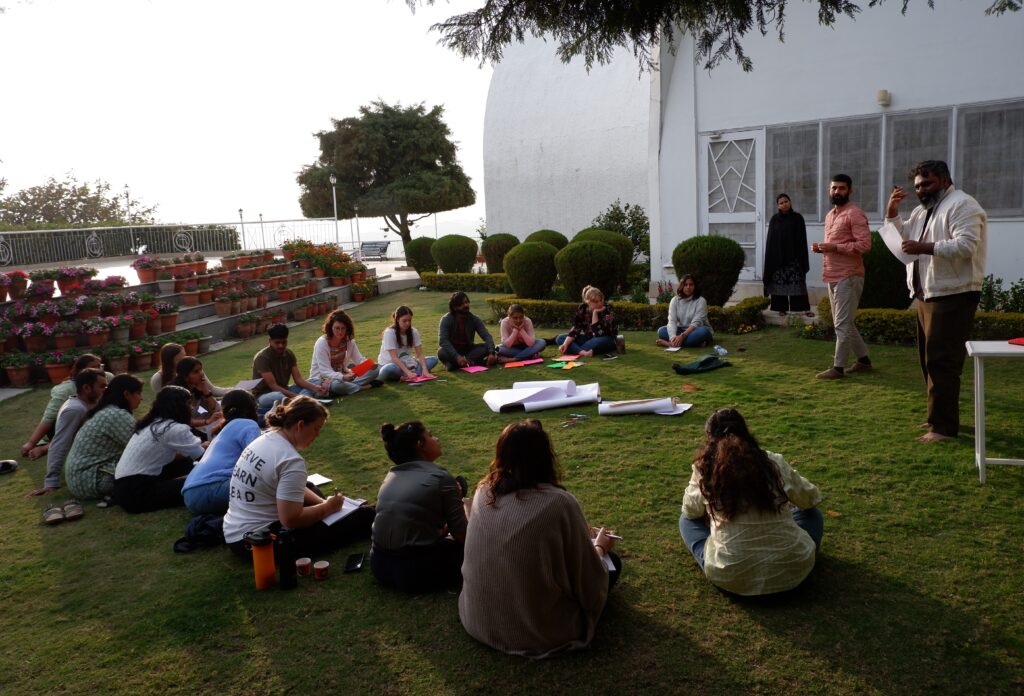
In addition to your fellowship experience, you also founded Studio Rachanā. What is this organization, and how does it relate to your fellowship experience in India?
Studio Rachanā is a creative consulting company that utilizes knowledge of art consulting, curriculum development, product development, and facilitation to work alongside others to create sustainable social and environmental impact. It is a platform for me to help individuals, communities, and businesses explore ideas, innovate solutions, and integrate them to accomplish their vision and goals. The idea for Studio Rachanā was really born out of the self-discovery I had over the past two years stepping into the social development sector both in the U.S. and serving as a Banyan Impact Fellow in India. I discovered that creativity and innovation have a prominent place in this sector, and I witnessed firsthand how my own ideas and ingenuity had the power to bring about positive change. Professionally, I wanted the freedom to pour my creativity into causes that I care about and to cultivate creativity in others to come together to solve complex humanitarian problems.

Do you have any tips for those applying to the Banyan Impact Fellowship?
The application process is a bit lengthy as you first apply for the fellowship itself and at later stages apply for specific projects that capture your interest. There are two rounds of interviews, one with the American India Foundation, and another with potential host organizations. My encouragement to applicants is to simply be yourself. Your unique skillset or niche interests may be the very thing your cohort or project needs. My best tip for anyone considering cross-cultural work is to cultivate a posture of cultural humility. I have found that this framework has helped me grow professionally and form some of my deepest friendships across cultures.
Interested in applying to this fellowship? Bookmark the AIF Banyan Impact Fellowship to your ProFellow account. You may also be interested to read our interview with Banyan Impact Fellow Ted Samuel.
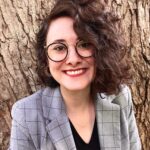
© 2023 ProFellow, LLC, all rights reserved.